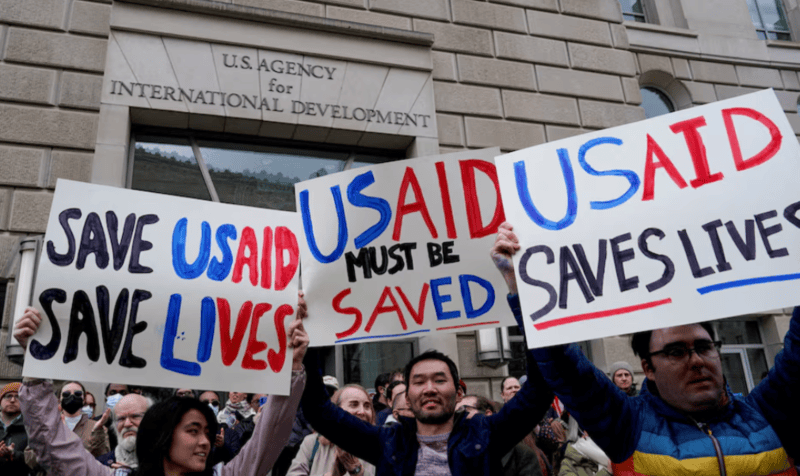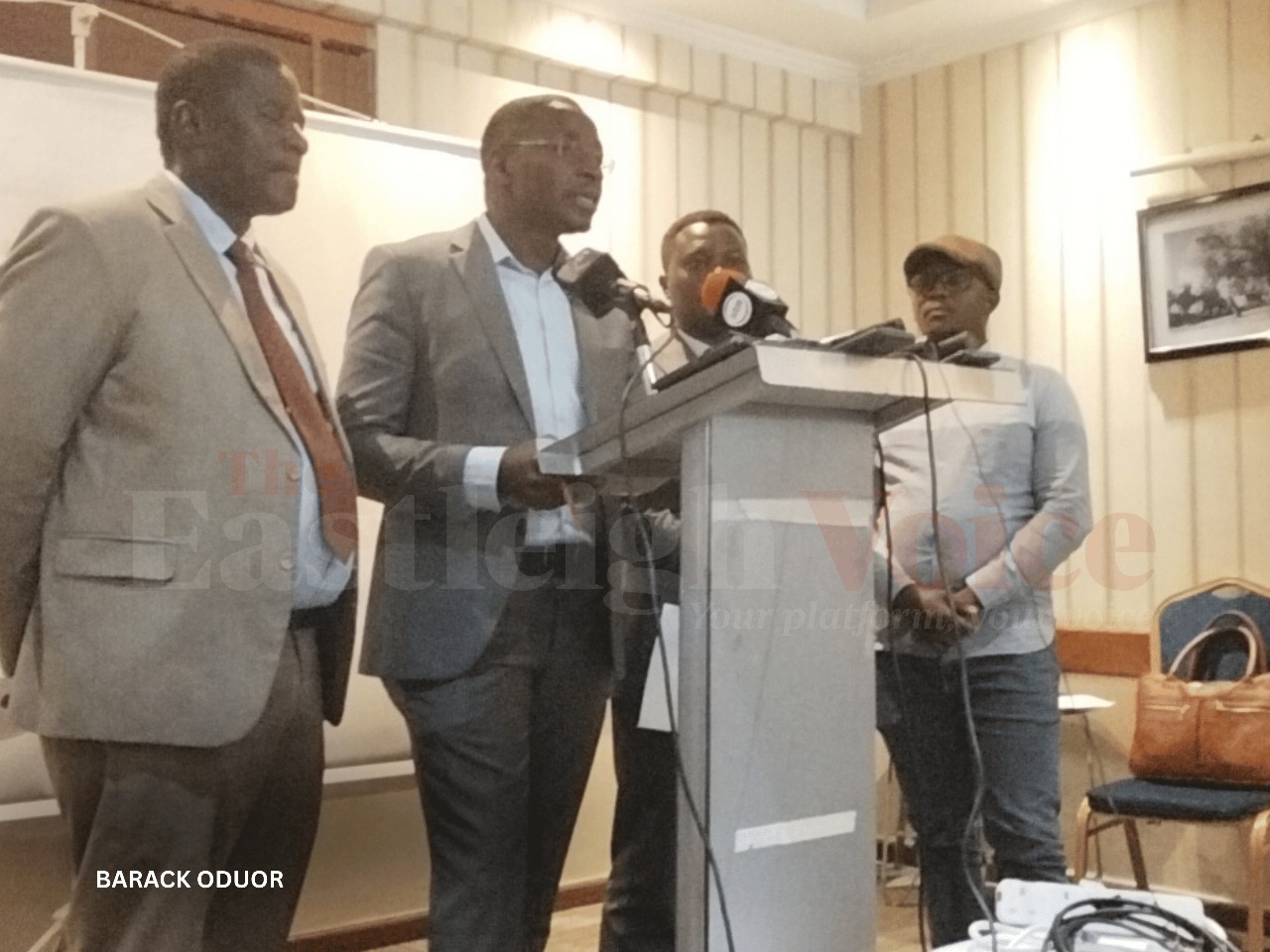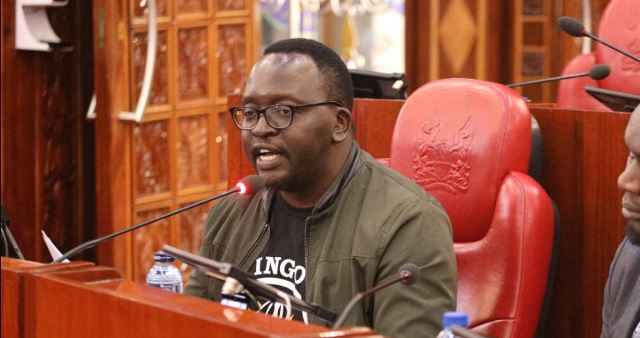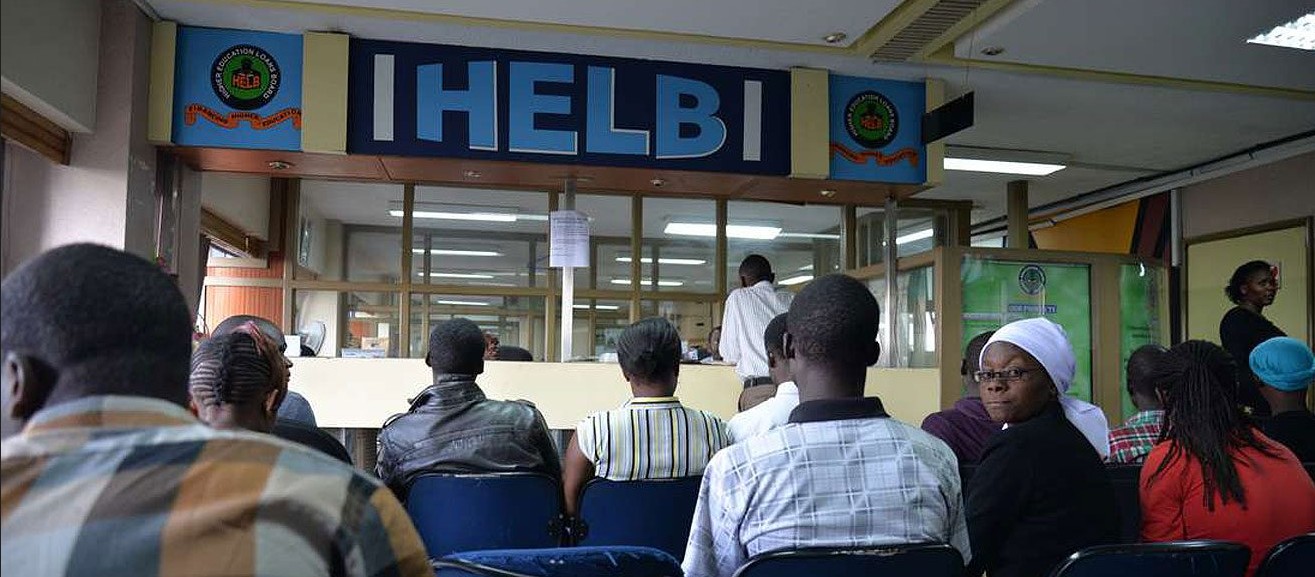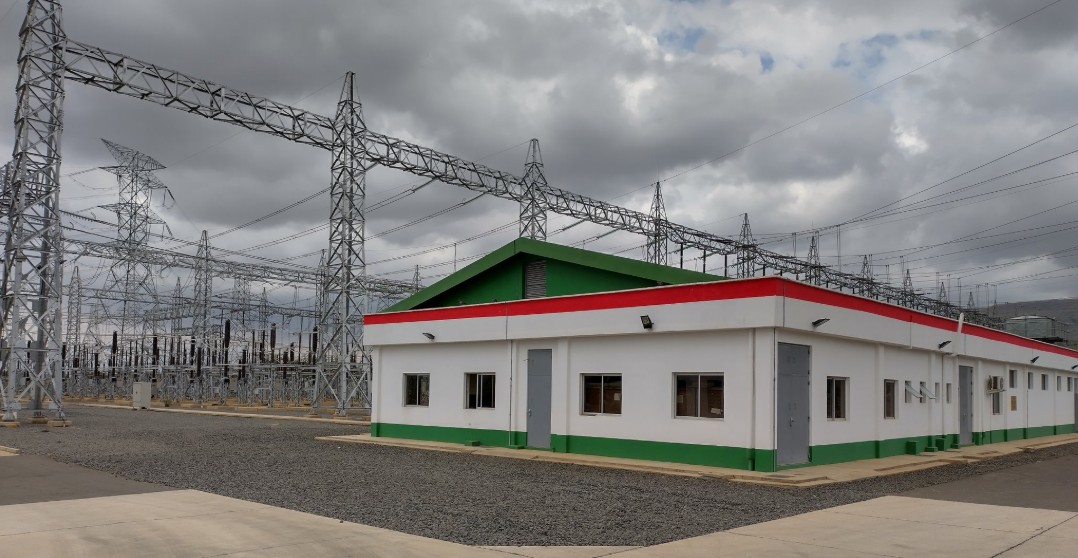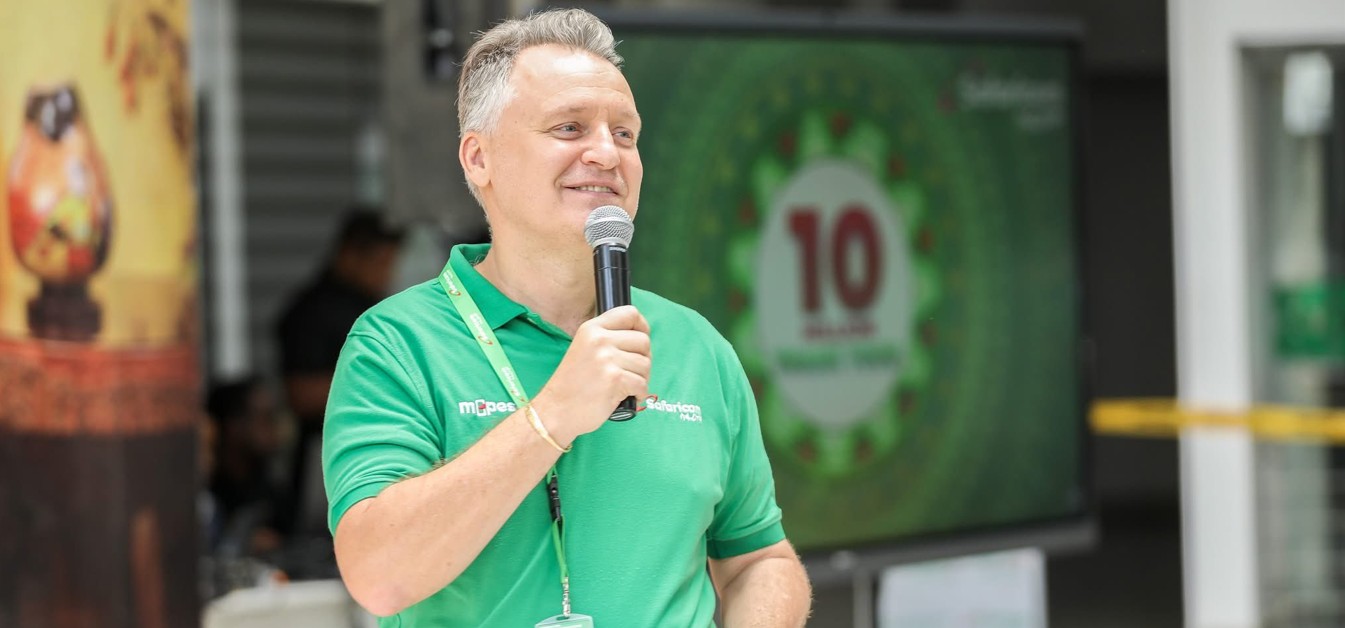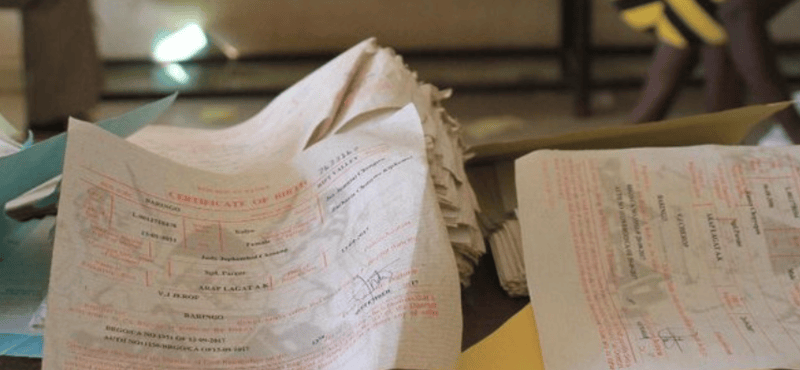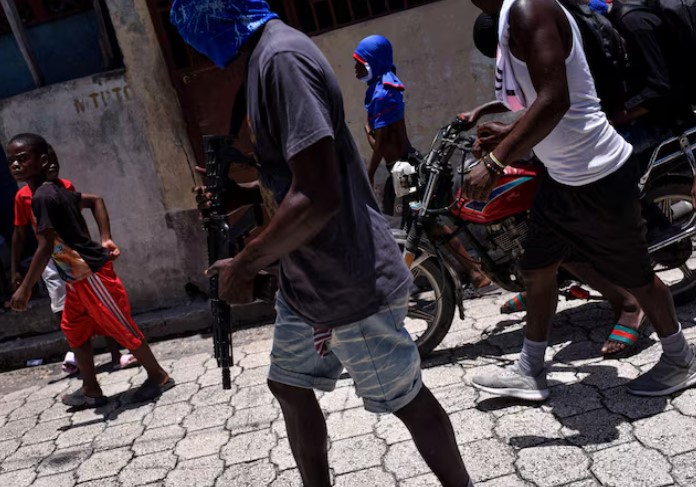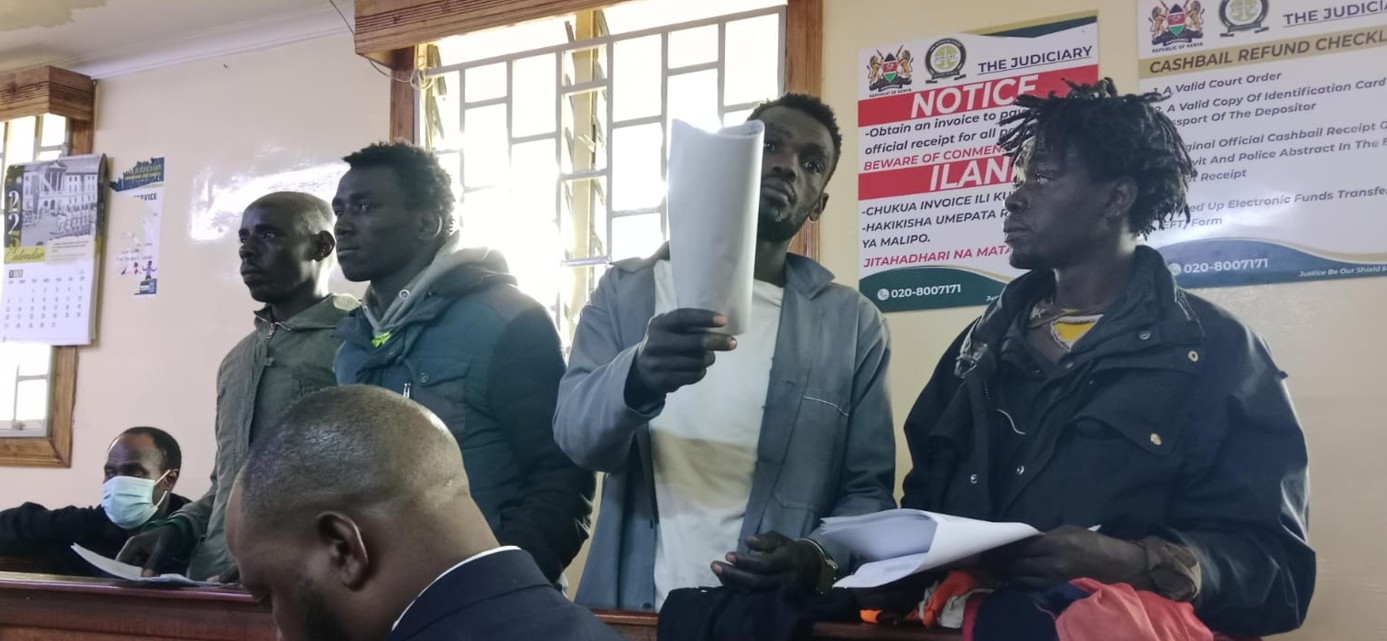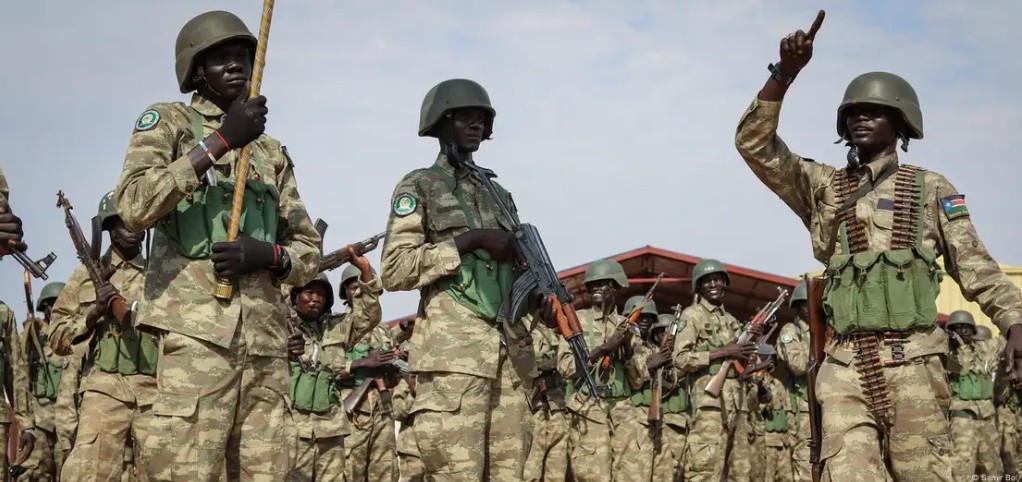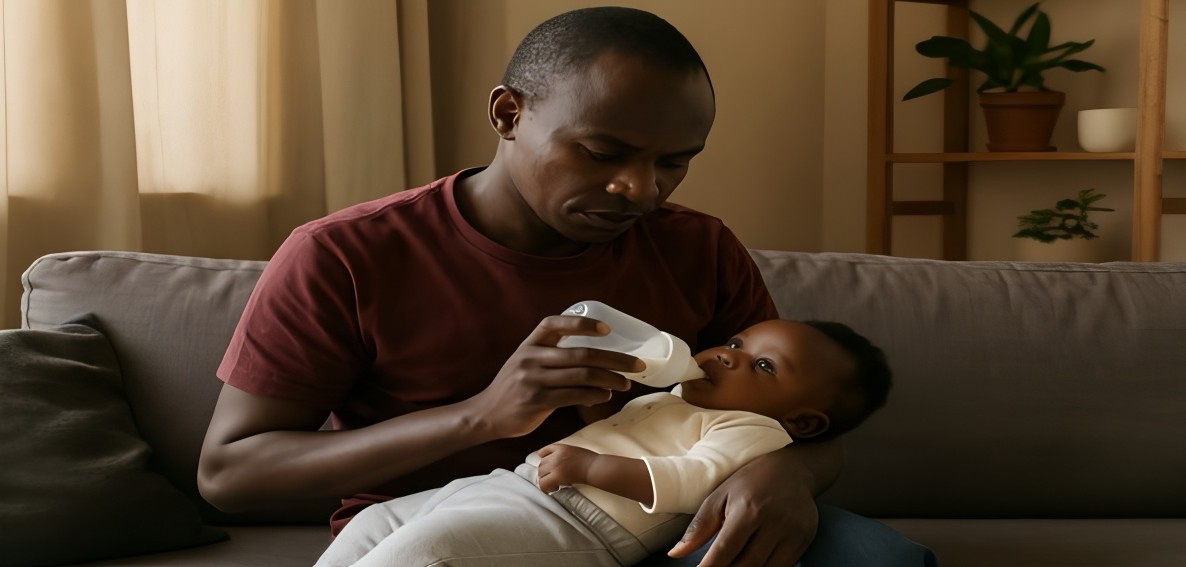Somalia’s Fawzia Haji Adan officially announces AUC chair candidacy
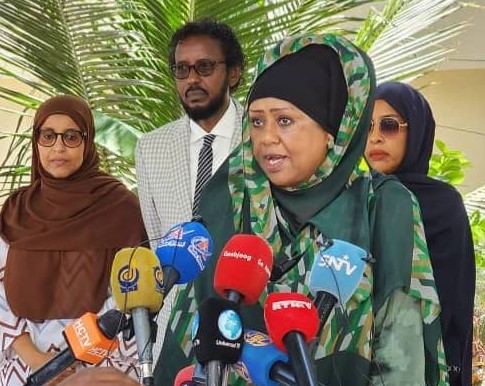
Fauzia Haji Adan, a current member of parliament in Somalia, believes she has a good chance of winning this time, in a content that will include Kenya's Raila Odinga
Somalia's former Foreign Affairs minister has officially announced her bid to succeed Chadian Moussa Faki Mahamat as the next chair of the African Union Commission (AUC) come February 2025.
Fawzia Haji Adan, a current member of parliament, believes she has a good chance of winning the contest that will include Kenya's Raila Odinga, leader of the opposition's Azimio la Umoja coalition and the Orange Democratic Movement (ODM).
More To Read
- Ruto meets AUC chief Mahmoud Youssouf amid growing doubts over union’s reform agenda
- AU urges governments to prioritise children in national planning, budgeting
- AU warns Trump’s travel ban threatens decades of Africa-US cooperation
- Civil society groups give AU, EAC 72 hours to act on alleged abductions, torture in Tanzania
- IGAD welcomes Kamil El-Tayeb’s appointment as Sudan’s PM, urges inclusive dialogue
- IGAD boss Dr Workneh calls for urgent support to stabilise Somalia at the Entebbe Summit
Fawzia was born in Somaliland and was Somalia's first female deputy prime minister and Foreign Affairs minister. She also wrote history as the first woman to lead a political party in one of the world’s most patriarchal countries, when she formed the NBD (Peace, Democracy and Prosperity Party).
Fawzia also ran for president in Somaliland in 2010 but her party was delisted by then-President Ahmed Mahmud Silanyo.
Strong candidates
A fierce battle is expected among member states vying for the AUC top job but thus far, only Kenya and Somalia have presented candidates.
The two countries need to apply on behalf of Raila and Fawzia to get shortlisted and qualify to be placed before the agenda for voting at the next African Union (AU) summit, expected to be held between January and February 2025.
Armed with its Arabic influence around Africa and support from most Arab-speaking countries, Somalia seems to have a head start in the race.
Additionally, Somalia has received the AU's endorsement as the sole candidate from East Africa for one of the non-permanent seats of the United Nations Security Council (UNSC) for the 2025-2026 period.
With the AUC chair candidature and the endorsement for the UNSC seat, Somalia is set to boost its reputation and influence on global affairs.
Raila is also a strong candidate, widely recognised as a champion for democracy and pan-Africanism, expected to heavily rely on his networks within the continental body to secure the seat. He has also served as the AU's High Representative for Infrastructure Development at the AU.
Thus far, the Kenyan candidate has the backing of former Nigerian President Olusegun Obasanjo and has visited Ugandan with President William Ruto to secure the support of President Yoweri Museveni.
East Africa's division
The lobbying ahead of the vote revives questions about the Eastern Africa region uniting behind a single candidate to increase chances of winning.
The EA has been divided and has never had a consensus on any candidature.
A case study is Kenyan Amina Mohamed who vied in 2017 but did not get the support of most of the countries in the region despite having their endorsements. Then-President Uhuru Kenyatta spent millions of Kenya shillings on her campaigns only for the pledges to be broken
The AUC chair is elected by the assembly to a four-year term that is renewable once.
Technically, the office holder is charged with the commission’s administration and finances, promoting and popularising the AU’s objectives and enhancing its performance, and consulting and coordinating with key stakeholders such as member states, development partners, and regional economic blocs.
The chairperson needs to be both technically sound in the management of the commission and a seasoned diplomat to deal with various stakeholders in the diplomatic arena.
The past three chairs of the AUC were former ministers of foreign affairs and have, therefore, been people with a wealth of knowledge on continental challenges and associated priorities and commitments.
The election is by secret ballot and a two-thirds majority of member states.
The AU has 55 member states but some countries like Sudan and Burkina Faso won’t vote because they’re suspended from participating in the continental body’s activities due coups and other crises.
Top Stories Today
